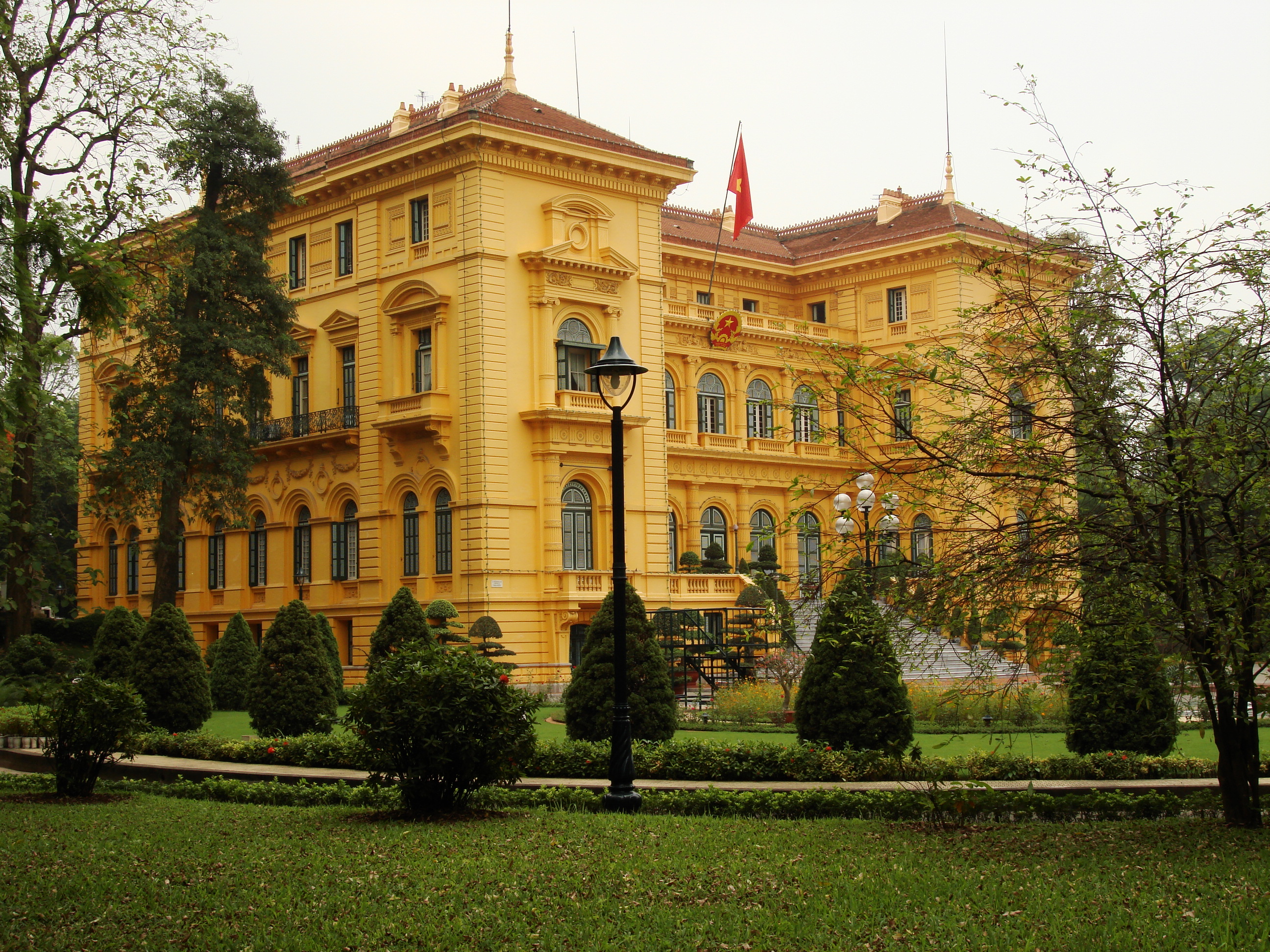
HANOI—Cuban President Raul Castro met with Vietnamese leaders on Sunday following a visit to China, as Havana looks to old communist allies while it attempts to push through historic economic reforms.
Castro, who arrived Saturday in his first visit to Hanoi as head of state, is in the country to "consolidate and reinforce relations" between the two states, Vietnam foreign ministry spokesman Luong Thanh Nghi said.
The Cuban leader was given a guard of honour on Sunday as he embarked on a series of talks with the top three figures in the autocratic regime—Communist Party secretary general Nguyen Phu Trong, President Truong Tan Sang, and Prime Minister Nguyen Tan Dung.
His appearances in China and Vietnam, two of a handful of remaining communist countries left in the world, come as Havana seeks to emulate their achievements in incorporating elements of capitalism into economic reforms.
During Castro's earlier four-day visit to China he met President Hu Jintao and secured pledges from Beijing for financial aid, among other measures, to help the country in sectors such as technology and healthcare.
Vietnam, which launched its own economic transformation to incorporate capitalism 25 years ago, will present an "economic model" for Castro to study, according to a Vietnamese diplomat, who declined to be named.
The visit "is important for Vietnam because it will help to consolidate a traditional political and ideological alliance" at a time when Hanoi and Beijing are at loggerheads over territorial disputes in the South China Sea, he said.
In 1986, Vietnam launched its "Doi Moi" policy, meaning revival, which gradually opened up the country to a market economy.
Communist Party secretary Trong travelled to Havana in April, meeting the Cuban leader and his brother Fidel Castro, the father of the Cuban revolution, who stepped down from power in 2006 for health reasons.
At the time Trong said Cuba was undergoing economic reforms that Vietnam went through in the 1980s, which he said brought "very positive changes" to his own country.
A Vietnamese diplomatic source close to the visit said there was no plan to sign any specific agreements during the trip.
Vietnam is an important economic partner for Cuba, particularly in the agricultural and electronics sectors.
The Southeast Asian nation is Cuba's main supplier of rice, a staple food on the island. Bilateral trade was more than $250 million in 2010 and $274 million in 2011, according to official Vietnamese statistics.-Interaksyon (July 08, 2012 8:32PM)


No comments:
Post a Comment